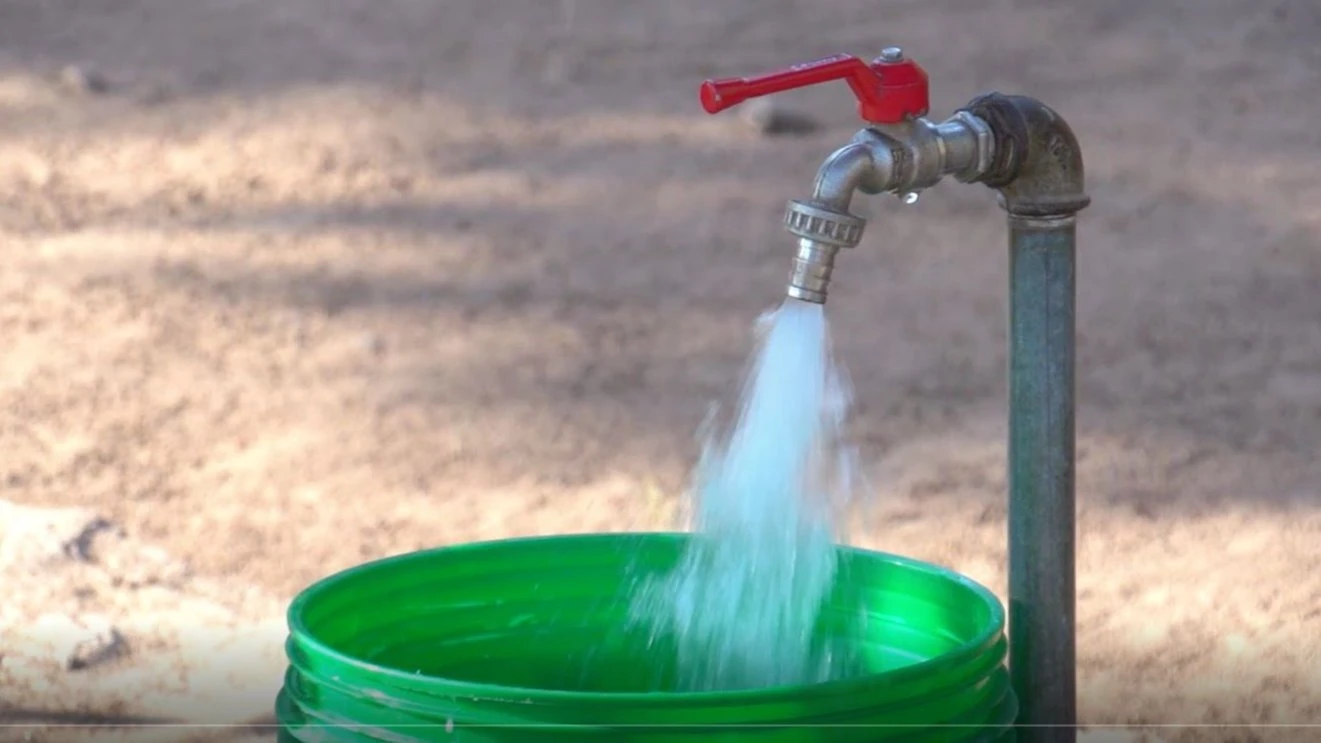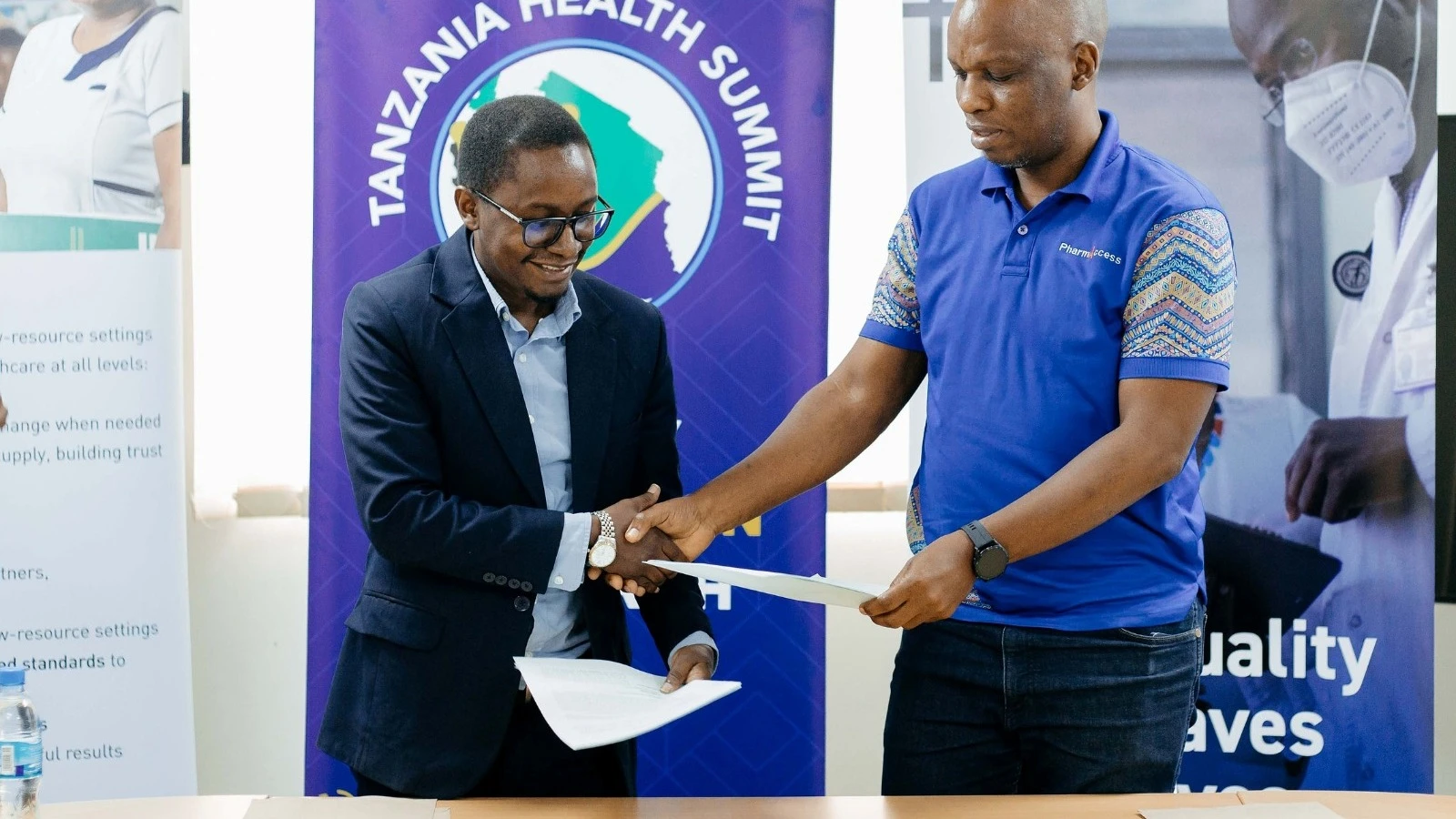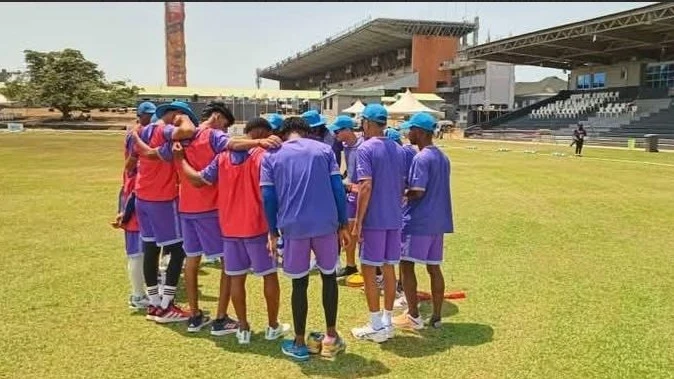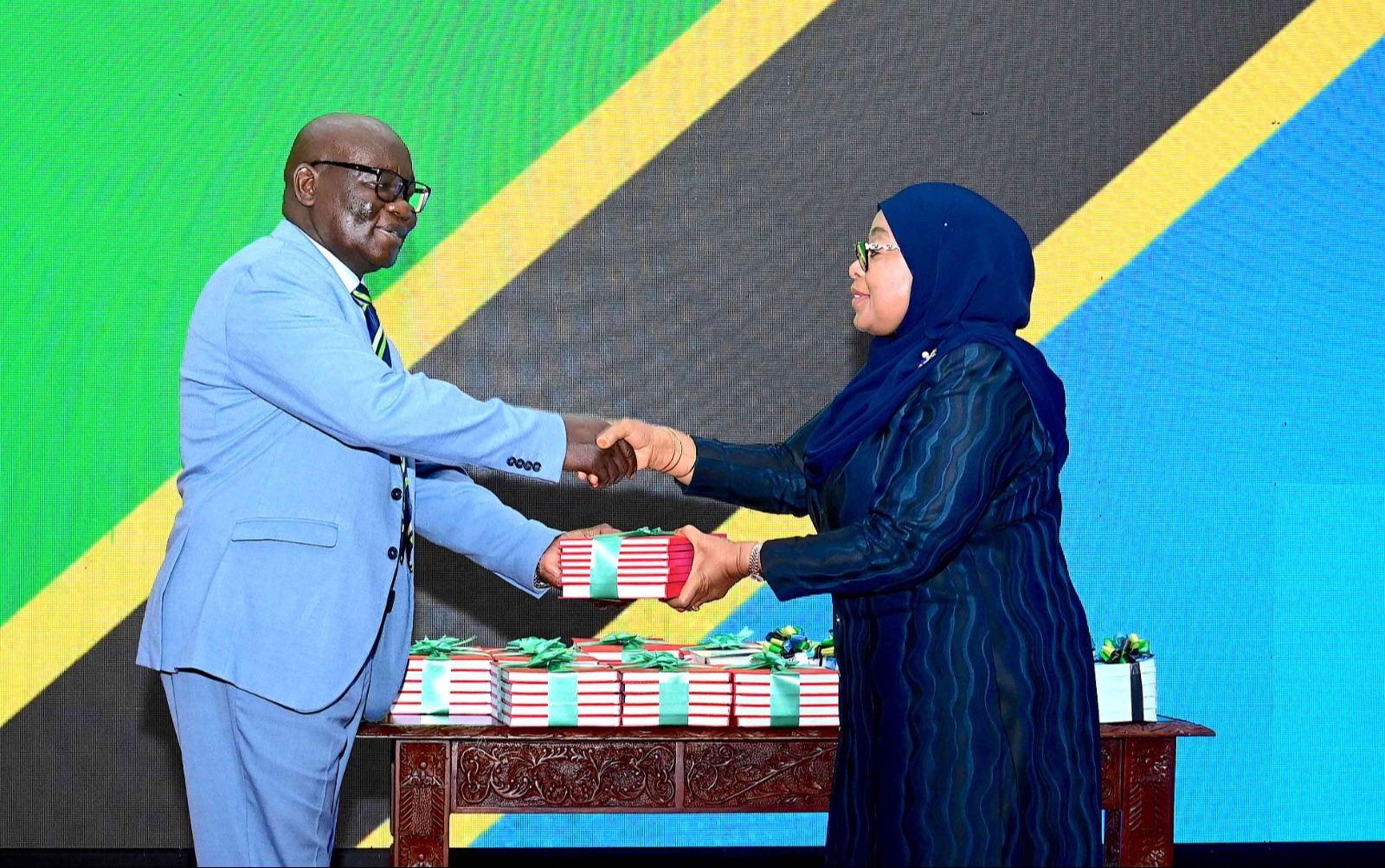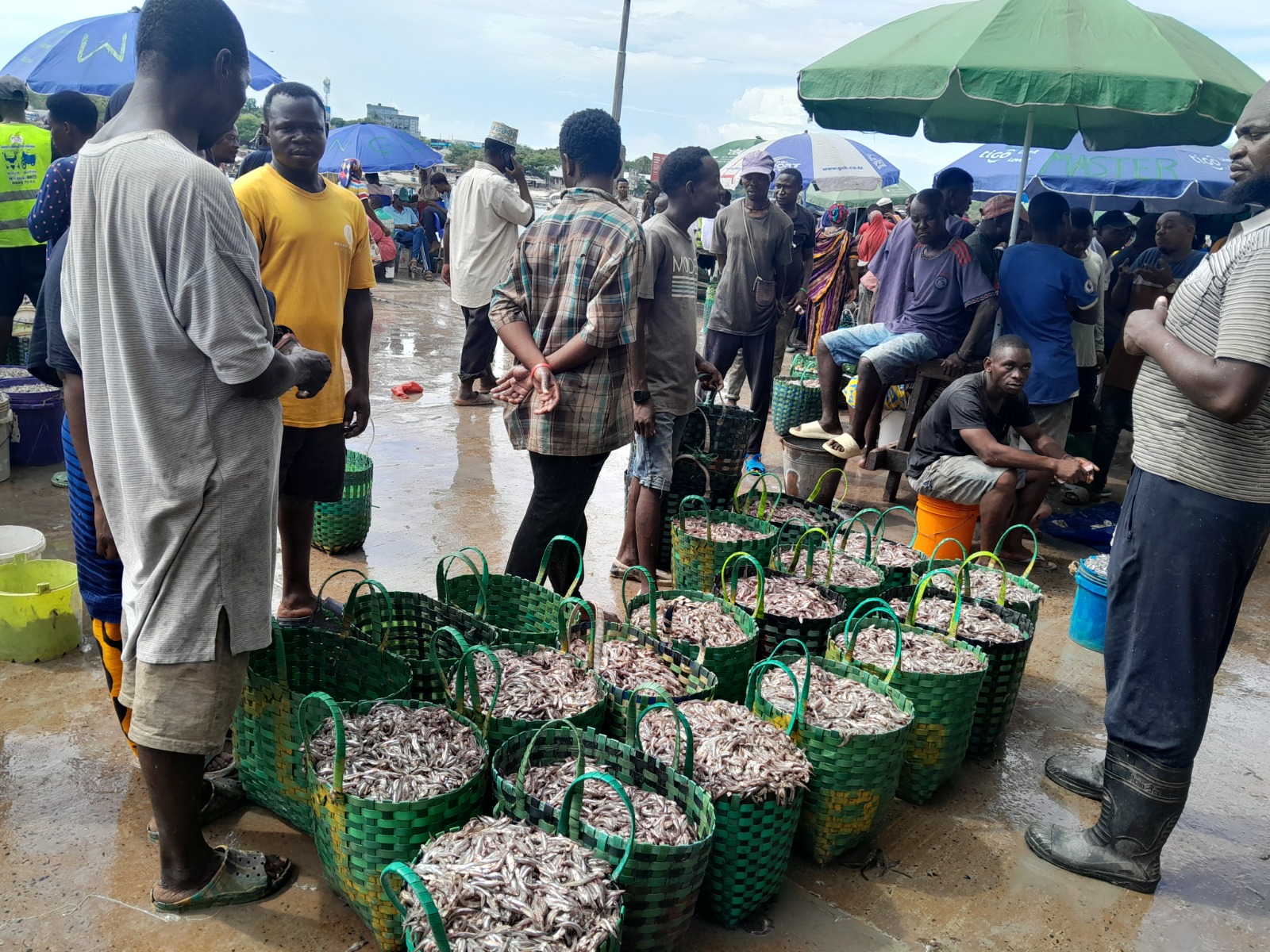Meteorological Day: Need for early warning systems against extreme weather events
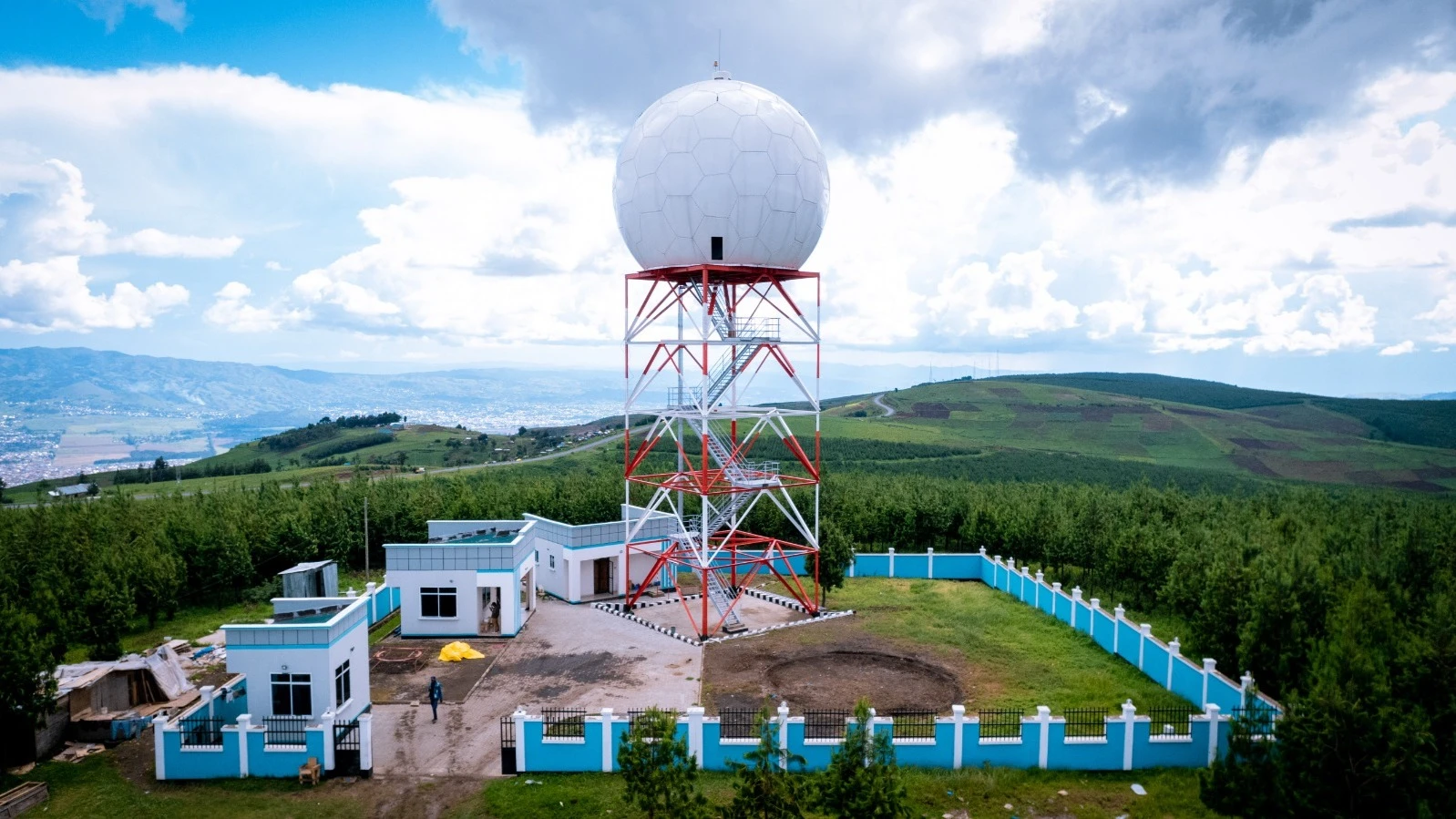
AS the world commemorated the International Meteorological Day yesterday, Tanzania has taken an extra step to protect its people from the rising threats posed by climate change.
Celebrated annually on March 23rd, the day marks the establishment of the World Meteorological Organization (WMO) in 1950 and serves as a platform to raise awareness on the importance of weather, climate, and water resources. It is also meant to raise awareness about the impact of weather, climate, and water resources on society, and to highlight the importance of meteorology in global sustainability.
Tanzania officially launched the ‘Early Warnings for All’ (EW4All) project, a transformative initiative designed to deliver timely, accurate weather warnings to the most vulnerable populations across Tanzania.
The ambitious project is part of a larger global initiative spearheaded by the United Nations, which aims to ensure that by 2027, every person on Earth will be protected by early warning systems against extreme weather events.
For Tanzania, a nation often battered by severe climate hazards like droughts, floods, and tropical cyclones, the initiative is a crucial tool for saving lives and minimizing damage in its most remote and at-risk areas.
During the launching event in Dodoma, Minister for Transport, Prof Makame Mbarawa spoke of the urgency of climate adaptation, stressing the rising frequency and intensity of extreme weather events, which have become increasingly commonplace due to climate change.
He highlighted the vital importance of early warning systems to mitigate these events' impacts, particularly in a developing country like Tanzania, where large sectors of the economy—such as agriculture and tourism—are highly climate-dependent.
“We commend the UN Secretary-General for launching this initiative,” Mbarawa remarked. “This project will help consolidate our efforts to ensure no one is left behind. The time for action is now, and Tanzania is ready to lead.” He said.
The EW4All initiative, backed by Denmark’s support and the WMO’s technical expertise, will significantly boost Tanzania’s capacity to respond to climate risks.
The launch is a continuation of Tanzania’s ongoing efforts to modernize its meteorological infrastructure, ensuring that the country is better equipped to handle the mounting threats posed by extreme weather.
Dr Ladislaus Chang’a, Acting Director General of the Tanzania Meteorological Authority (TMA) outlined the impressive strides Tanzania has made in recent years.
He said the country has been rapidly expanding its meteorological infrastructure, adding cutting-edge technologies such as weather radars, lightning detection systems, and high-performance computing facilities.
Dr Chang’a noted that the advancements have led to a significant improvement in the accuracy of weather forecasts, now at an impressive 88 percent, a key milestone for the nation’s climate resilience efforts.
“We are leveraging emerging technologies such as Artificial Intelligence, machine learning, and big data analytics to improve the way we deliver weather information,” Dr Chang’a explained. “Our goal is clear: to ensure that early warnings reach the communities that need them most, particularly those in rural and remote areas.”
The EW4All project will also be supported by the ‘Systematic Observations Financing Facility’ (SOFF), a global collaborative initiative co-funded by the Tanzanian government and international partners.
SOFF aims to strengthen the country's meteorological infrastructure even further, ensuring more precise, real-time weather monitoring, which will enhance Tanzania’s early warning capabilities.
One of the standout features of Tanzania’s meteorological strategy is its commitment to ensuring that critical weather information reaches all Tanzanians.
The TMA has embraced a multi-channel approach to dissemination, ensuring that no one is left without access to crucial weather alerts which include traditional media outlets such as radio and television, social media platforms, and mobile applications.
Tanzania’s climate resilience efforts are fully aligned with national policies and international frameworks. The National Disaster Management Policy and the National Framework for Climate Services provide a strong foundation for the EW4All project’s success.
At the regional level, Tanzania has taken a leadership role in the Early Warnings for All in Africa Action Plan, collaborating with neighbouring nations to strengthen the continent’s collective climate resilience.
The EW4All project’s launch also served as a prelude to the country’s celebration of World Meteorological Day, which this year focused on the theme “Closing the Early Warning Gap Together.”
Dr Chang’a emphasized the need for continued cooperation to ensure that early warning systems can effectively protect all people, especially those in the most vulnerable areas.
“We must continue to work together to close the early warning gap,” D. Chang’a said. “This is not just about technology; it’s about ensuring that the information we provide helps protect lives and livelihoods.” He said.
Tanzania’s commitment to meteorological excellence extends beyond its borders. The TMA plays a pivotal role in providing technical support to neighbouring countries like Namibia, South Sudan, and Burundi, sharing expertise and resources to build a regional network of early warning systems across Africa.
Tanzania’s dedication to strengthening early warning systems is not just about preventing disasters; it’s about building long-term resilience for the future.
By investing in modern technology, fostering international partnerships, and ensuring that vulnerable communities are at the heart of the initiative, Tanzania is paving the way for a more climate-resilient future.
“With continued collaboration, innovation, and investments in meteorological services, Tanzania is well on its way to becoming a model of climate resilience and early warning excellence,” said Dr Chang’a.
Top Headlines
© 2025 IPPMEDIA.COM. ALL RIGHTS RESERVED












